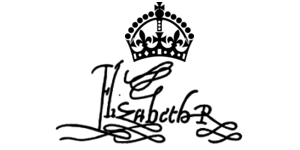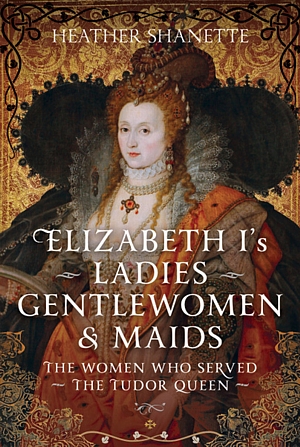
Queen Elizabeth I
Power & Government
In Tudor times the reigning king or queen ruled the country with the help of trusted advisors and with parliament. The monarch was very powerful as he or she was responsible for deciding the religion of the land,
for deciding when the country went to war, for passing laws (even about food and clothes), and for authorising executions.
Kings and queens chose their own advisors and these were known as Privy Councillors. Queen Mary I had fifty or more
advisors, but Queen Elizabeth, believing a 'multitude doth make rather discord and confusion than good counsel', had only
twenty or less.
The Privy Council was expected to advise the Queen on all kinds
of matters, from politics and economics to the Queen's personal security, and the councillors met in a chamber of the palace
known as The Council Chamber. For most of the Queen's reign the council was headed by William Cecil, Baron Burghley.
The Privy Council was also an administrative body responsible for overseeing national government. However, it could not effectively govern
the whole country when it took days to reach the north of England or Wales. Therefore the Privy Council had two daughter
bodies known as the Council of the North and the Council of the Marches of Wales. The Council of the North
was in York, where it governed the North of England, and the Council of the Marches of Wales was in the Welsh Marches
and governed Wales and the border counties. There were also royal representatives in every county in the country to enforce law and order.
The most important of these were the Justices of the Peace, the Sheriffs, and later the Lord Lieutenants. Cities and towns also had their own officials, the principal being the mayor.
Like today, Parliament in Tudor times consisted of the House of Lords (the Upper House) and the House of Commons
(the Lower House). In the Lords sat the bishops and the aristocrats, and in the Commons sat common men. There
were no female members of parliament. Although members of the Commons were elected, the elections were not like those of
modern times. Only those with a certain annual income could vote and only men. The monarch also had a say on who was
chosen to serve and many candidates were uncontested. Parliament's main role was to pass laws and raise taxes. There
could be years between parliaments as they were generally only called when necessary, such as
when the monarch needed money. Queen Elizabeth could pass laws without Parliament by issuing Royal Proclamation.
The Privy Council was reponsible for the enforcing these proclamations which carried the full force of law. There were no
political parties in Tudor times and no Prime Minister or Cabinet.
The Queen and her advistors had some responsibility for moral order in the land, and on more than one occasion the Queen
sent individuals to prison for
moral breaches, such as getting pregnant out of wedlock, but moral order was mainly the responsibility of the Church Courts.



















